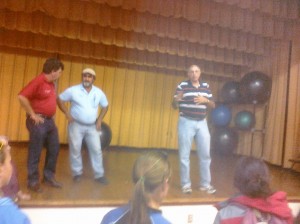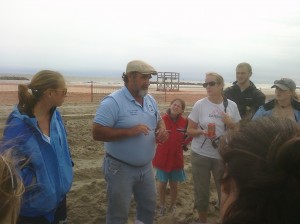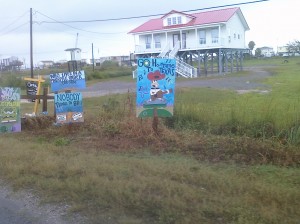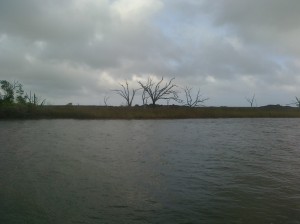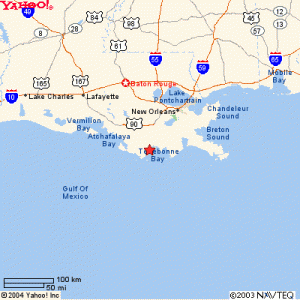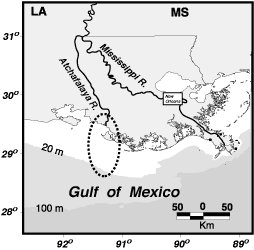 Flooding has finally forced the hand of the Army Corps of Engineers, who appear to be ready to divert the swollen Mississippi to the Atchafalya, which is where the river has been wanting to go for decades. The problem, of course, has been that if the river switches its course, New Orleans gets stranded.
Flooding has finally forced the hand of the Army Corps of Engineers, who appear to be ready to divert the swollen Mississippi to the Atchafalya, which is where the river has been wanting to go for decades. The problem, of course, has been that if the river switches its course, New Orleans gets stranded.
Interesting to see how this plays out. 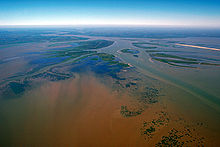
Update: Here’s some video of the floodgates being opened.
